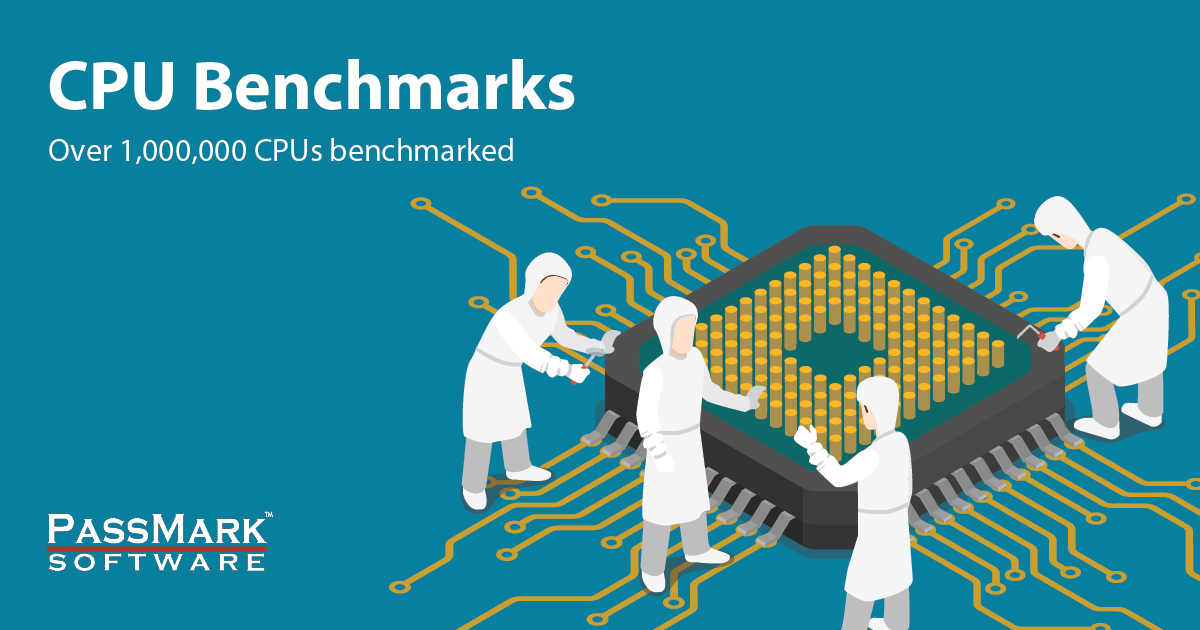For those who spend a lot of time with Anywhere Software development environments, it is vital to work on computers that are responsive and allow you to make the most of the (little) time available
And therefore it is reasonable to think of a workstation specifically optimized for Anywhere Software environments
Now, it is always very difficult to say if it is the cpu or the hard disk or the motherboard that affects the performance of a system
Precisely because it is a 'system' whose performances are defined by the individual performances of different components
And therefore it is much easier to test the functioning of the same program on different computers
This would allow anyone wishing to optimize their computer for operation with Anywhere Software development systems to know the best components as they have been tested exactly with operation on B4A, B4J, etc ...
My proposal is therefore the creation of an archive with the main components of the computer used (cpu, ram, motherboard, hard-disk, operating system, development environment version), and/or the creation of a small video showing the compilation of a large program and the time taken
Obviously the program to be compiled must be exactly the same
What are you saying?
Which large program could we choose?
What sequence of operations to indicate in order to have test conditions comparable to each other?
And therefore it is reasonable to think of a workstation specifically optimized for Anywhere Software environments
Now, it is always very difficult to say if it is the cpu or the hard disk or the motherboard that affects the performance of a system
Precisely because it is a 'system' whose performances are defined by the individual performances of different components
And therefore it is much easier to test the functioning of the same program on different computers
This would allow anyone wishing to optimize their computer for operation with Anywhere Software development systems to know the best components as they have been tested exactly with operation on B4A, B4J, etc ...
My proposal is therefore the creation of an archive with the main components of the computer used (cpu, ram, motherboard, hard-disk, operating system, development environment version), and/or the creation of a small video showing the compilation of a large program and the time taken
Obviously the program to be compiled must be exactly the same
What are you saying?
Which large program could we choose?
What sequence of operations to indicate in order to have test conditions comparable to each other?

